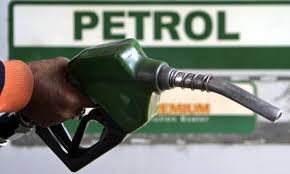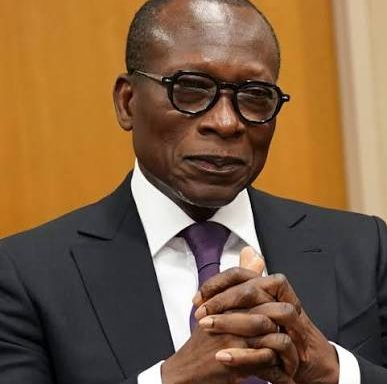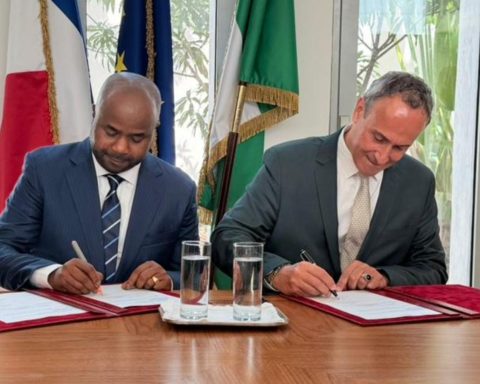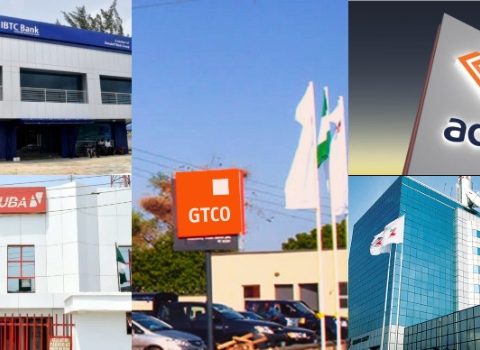The recent reduction in the landing cost of petrol to N900.28 per litre has sparked diverse reactions among Nigerians. While some view it as a sign of possible retail price relief for the festive season, others remain skeptical about its impact on household expenses.
At Victoria Island, Lagos, commuters and small business owners shared their views. Chika Okafor, a bus driver, expressed his concerns. “I’m happy the landing price has reduced, but I haven’t seen it affect the pump price. We’re still buying at N1,060 per litre. What’s the point if it’s cheaper to import but we pay more?”
Join our WhatsApp ChannelEmeka Adama, another bus driver in Oshodi, shared similar sentiments. “I’m tired of hearing about price reductions that don’t affect me. Everything is still expensive, and it’s affecting my business, I am hoping it should affect quickly because of the festive season. At least the reduction in the price of petrol affect every area of Nigerians,” he said.
However, not everyone was as critical. Obinna Nwosu, a logistics operator at the Civic Tower in Victoria Island, saw a silver lining. “If the landing cost keeps dropping, eventually the retail price will follow. We just need patience,” he argued.
Experts Highlight Import vs Domestic Refining Debate
As Nigerians grapple with the retail price of petrol, energy experts have weighed in on the larger picture. The conversation revolves around the cost of imported petrol compared to domestically refined products.
Dr. Babajide Adebayo, an energy economist, noted that the price of locally refined petrol is higher than the imported equivalent. “The Port Harcourt Refinery’s price is N1,030 per litre, while Dangote’s Refinery charges N970 per litre. This discrepancy shows why imports remain a cheaper option for marketers,” he explained.
For market analyst Oluwakemi Akinwale, the situation reflects a deeper problem. “Our reliance on imports is a direct result of our underperforming refineries. Until domestic refining becomes efficient, importation will remain the preferred option for marketers,” she remarked.
On his part, energy policy consultant, Femi Ogundele, advocated for policy reform. “Nigeria’s downstream sector needs better regulation. We must create a balance where domestic refineries are incentivized to compete fairly with imported fuel,” he suggested.
READ ALSO: Marketers Assure Petrol Price Drop, Zero Scarcity During Yuletide
How Petrol Price Are Calculated
Petrol pricing in Nigeria is influenced by several key factors, notably the cost of crude oil and the exchange rate. The import parity price includes costs such as freight, insurance, and port charges.
On Thursday, the daily spot price of import parity rose to N900.28 from N890.43 earlier in the week. The 30-day average price also fell from N958.89 to N945.23, reflecting recent fluctuations in global oil markets.
Crude oil, which serves as the raw material for petrol, is currently priced at $73.52 per barrel. This price, combined with an exchange rate of N1,533 per dollar, heavily influences the cost of petrol imports. “When the naira weakens, import costs go up. It’s that simple,” said Femi Ogundele.
Nigerian Marketers Ramp Up Imports Over Petrol Price
Despite public calls for a shift to domestic supply, oil marketers continue to prioritize imports. Between December 10 and 13, 2024, marketers imported 90,308 metric tonnes of petrol, equal to 121.1 million litres. This volume arrived through four major ports: Apapa, Warri, Onne, and Calabar.
Major marketer AYM Shafa led the charge, importing 21.12 million litres at Warri port. On December 12, Kriti Ruby delivered 50.03 million litres to Apapa port, while St Lady Meenah discharged 30.84 million litres at the Onne port. Virgo 1 added 20.12 million litres at Calabar port on December 13.
Domestic Refining: A Distant Reality?
While government officials have promoted domestic refining as a long-term solution, analysts remain cautious. “Port Harcourt and Dangote’s refineries still can’t match the import cost advantage,” said Dr. Adebayo. He highlighted how the N1,030 and N970 per litre prices for local refinery products exceed the N900.28 import parity cost.
For bus drivers like Chika Okafor, the debate over domestic refining is of little relevance. “All I care about is how much I pay at the pump,” he said. “Whether it’s local or imported, it’s the same fuel.”
With the ongoing rise and fall of petrol’s landing cost, Nigerians remain at the mercy of market forces. Until local refining gains momentum or stronger regulations are enforced, imported fuel will continue to dominate the landscape.
Emmanuel Ochayi is a journalist. He is a graduate of the University of Lagos, School of first choice and the nations pride. Emmanuel is keen on exploring writing angles in different areas, including Business, climate change, politics, Education, and others.

















